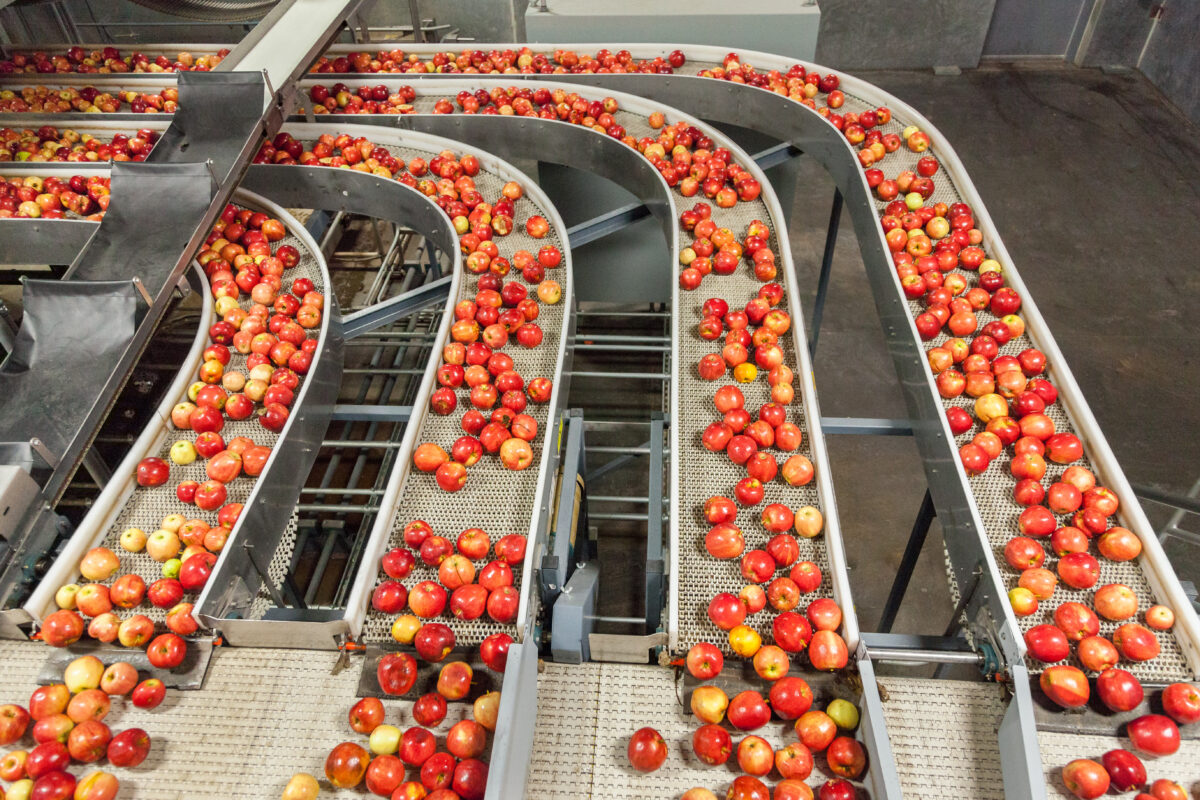The purpose of a USDA Business Loan is to help bolster the availability of credit for rural businesses, and to save and create jobs. USDA loans are a great option for some businesses— but not all. To help you decide if this type of loan is appropriate for your business, we’ve created a list of advantages of the program.
- Less Hassle to Accessing Working Capital. As a small business ourselves, we understand the obstacles and tasks needed to obtain a loan, especially if you’re in a rural area. During economic downturns— like the coronavirus pandemic— rural communities are often hit the hardest, and most lenders are less likely to extend a small business loan.
- Many Businesses are Eligible for Loans. To qualify, your project or business must be in an area with a population of 50,000 people or less. Cooperatives, non-profits, for-profit businesses, public bodies, individuals, and federally recognized tribes are all eligible under USDA Business Loans.
- Average Loan Amounts are Large. Traditional loans vary from $200,000 to $5 million, and at North Avenue Capital, our business loans range from $2 to $25 million. Large business loans average about $3 million, which can be a good option when thinking about finances moving forward.
- Competitive Rates and Terms. If you were to receive a USDA business loan, NAC can work with your specific and unique business needs to select terms and an interest rate to fit your needs. You can negotiate with your lender, however there are maximum term lengths depending on what the loan will be used for.
What Can I Use a USDA Business Loan On?
Because of certain usage limitations of the USDA loan, we’ve provided a list of approved ways that your potential USDA loan can be used:
- Business acquisition
- Business development
- Business expansion
- Debt refinancing
- Purchase/Update new Equipment/Machinery
- Inventory Expansion
This means that if you were planning to use your guaranteed loan funds for the following items listed below, you will not be approved for this USDA program.
- Fraternal organizations
- Lending, investment, and insurance companies
- Projects involving more than $1 million and the relocation of 50 or more jobs
- Agricultural production, with certain exceptions
- Distribution or payment to a beneficiary of the borrower or an individual or entity that will retain an ownership interest in the borrower
- Lines of credit
- Owner-occupied housing
- Golf courses
- Racetracks or gambling facilities
- Movie Theaters, Theaters
- Self-Storage Facilities
- Churches, church-controlled organizations, or charitable organizations.
Are USDA Loans Right For Your Business?
If you’re looking for a larger loan, and your business is located within the eligibility map in a city or town with a population of less than 50,000 people— a USDA Business Loan is worth considering.
Be sure to go over every single eligibility requirement needed to properly apply for the loan, and get familiar with the certain type of loan you may need. The application process is lengthy, but we at North Avenue Capital (NAC) are able to help guide you through the entirety of it.
NAC works with a diverse spectrum of companies including: start-ups, projection-based businesses, niche industries, and growing businesses. Refinances, acquisitions, new and ground-up construction loans are also within the USDA Business Loan regulations!
Our USDA Business Loan specialists at NAC will determine if a USDA B&I Loan is right for you and your unique financing needs. We possess a genuine interest in partnering with you to enhance your business, create jobs in local communities, and identify opportunities to improve environmental conditions for the next generation of entrepreneurs.
We serve rural America on a nationwide scale, and strategically placed our offices across the country to better serve our clientele. Find a location near you in Arkansas, Florida, Georgia, Nevada, Tennessee, and Texas! Contact us today.


